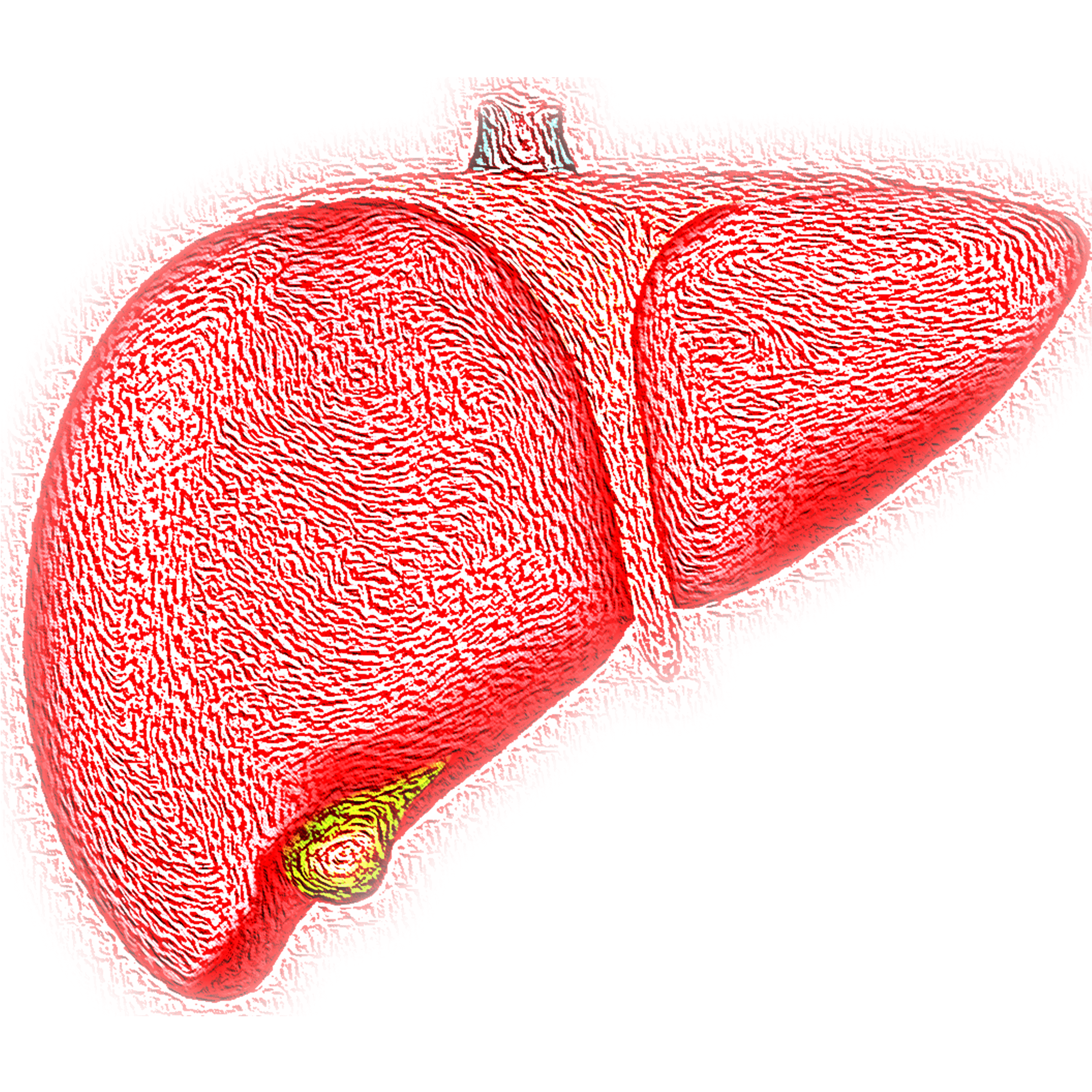
Taking Care of Your Liver
Your liver is a vital organ responsible for over 500 functions, including converting food into energy. Learn about common liver diseases, their symptoms, and ways to protect this essential organ through lifestyle changes and vitamins.



